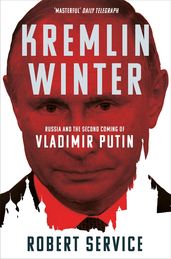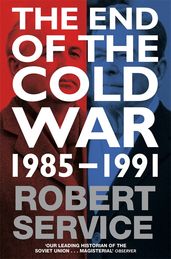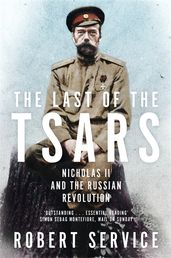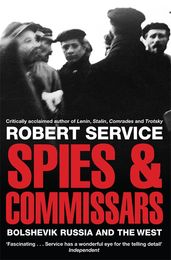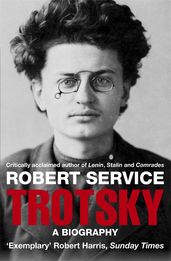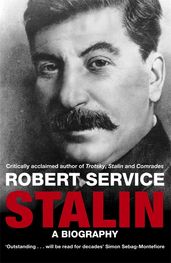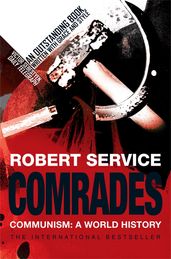Synopsis
An acclaimed examination of the latter years of the Cold War, from one of the finest historians of modern Russia.
‘Absorbingly written . . . this book is destined to become a classic of Cold War historical literature’ – International Affairs
After decades of struggles between the USSR and the US over every aspect of security, economics and ideas, the Cold War had seemed like a permanent fixture in global politics. No Western or Soviet politician foresaw that the stand-off would end in their lifetimes, and even the 1985 election of Mikhail Gorbachëv did little to quell the fear of global nuclear Armageddon.
But just four years later, the Berlin Wall was dismantled and perestroika spread throughout the former Soviet bloc. It was a sea change in world history, which resulted in the dissolution of the Soviet Union.
Drawing on a wealth of pioneering archival research, The End of the Cold War is a gripping investigation into these final years. A story of American pressure and Soviet long-term decline and over-stretch, it pinpoints the astonishing relationships between President Ronald Reagan and Gorbachëv, Secretary of State George Shultz and the USSR's last Foreign Affairs Minister, Eduard Shevardnadze, who found a way to cooperate during times of extraordinary change around the world. A small, skillful group of statesmen, they were determined to end the Cold War on their watch, irreversibly transforming the global geopolitical landscape.
In true Robert Service style – authoritative, compelling and meticulously researched – this is political history at its best.
‘Our leading historian of the Soviet Union . . . magisterial’ – The Observer
Details
Reviews
Our leading historian of the Soviet Union . . . magisterial
What makes Service's book special is its scholarship. His terrier-like persistence in digging into previously unexcavated archives in Russia, across America and around the internet gives his view of this slice of our recent past a firm documentary foundation . . . A magisterial account of a turning point in modern history, whose intellectual rigour and robustness make it unlikely to be bettered
Detailed and clear . . . his main strength is his forensic challenge to the clichés and myths on which western triumphalism about the Cold War is based . . . Service is an authoritative voice offering a more nuanced view
A masterful chronicle about personalities and ideas . . . The Cold War ended with the demise of the USSR in December 1991. The great biographer of Lenin, Stalin and Trotsky here offers a superb account of how and why this unexpected denouement came about


